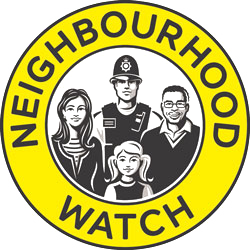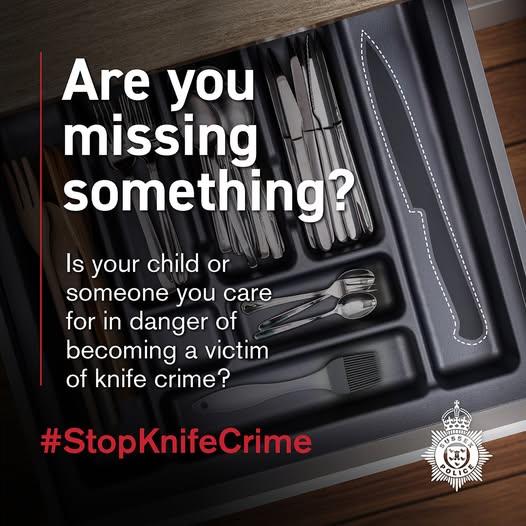
|
||
|
|
||
|
||
|
Support for parents/carers of youngsters |
||
Adur & Worthing PoliceIt can be extremely worrying to think that your child, family member or friend is involved in something as dangerous as gang, knife or gun crime. Maybe they're not carrying a weapon themselves but are associated with people who are. The natural reaction is to panic - but this won't resolve the situation and could push them away. The consequences of taking no action, though, could be extremely serious for your child or someone else. You must do something about it. If you discover they've been carrying a weapon, you'll almost certainly question why. If they're willing to talk about it, they might give you a number of reasons, including, fear, to gain respect, protection, to steal, to intimidate or harass, peer pressure or being pressured into carrying it for someone else, or defence. Whatever the reason, it is likely to have something to do with fear. Even if they don't admit it, a young person getting involved in weapons will be frightened and continuously looking over their shoulder. They'll be waiting for the police to stop and search them, or to be confronted by others, and in the end will be grateful for a ‘way out’ of that lifestyle. What can you do The consequences and dangers of knife crime and becoming involved in crime are real. Sometimes having difficult conversations, while uncomfortable at the time, can be vital in preventing something more serious from happening. For example - telling someone’s parents that you think their son or daughter is involved in something they shouldn’t, or having a tough conversation with your child is better than having to visit them in hospital or attend their funeral; or telling the police a friend is carrying a knife will be better than seeing your mate stabbed or watching them stab someone else. While that is the worst case scenario – it is the harsh reality and we want to do everything we can to prevent any of that from happening to another young person. Help us to help them. Being a good friend or parent isn’t always easy. But there are lots of places you can go to for help - either for a friend or yourself. You can talk to parents, teachers, youth workers, various charities or the police who can provide support to you, both to prepare for difficult conversations and then to support you afterwards. If you are a parent - talk to the parents of your child's friends. If you're worried, they probably are as well. They may see your child in different places, hanging out with different friends and could help you get a better understanding of the situation. By working together you could raise awareness. If you are a friend – you can talk to your friend’s parents, their teacher, social services or the police. Whatever your relationship is, if they are at risk – tell someone.
| ||
Reply to this message | ||
|
|




